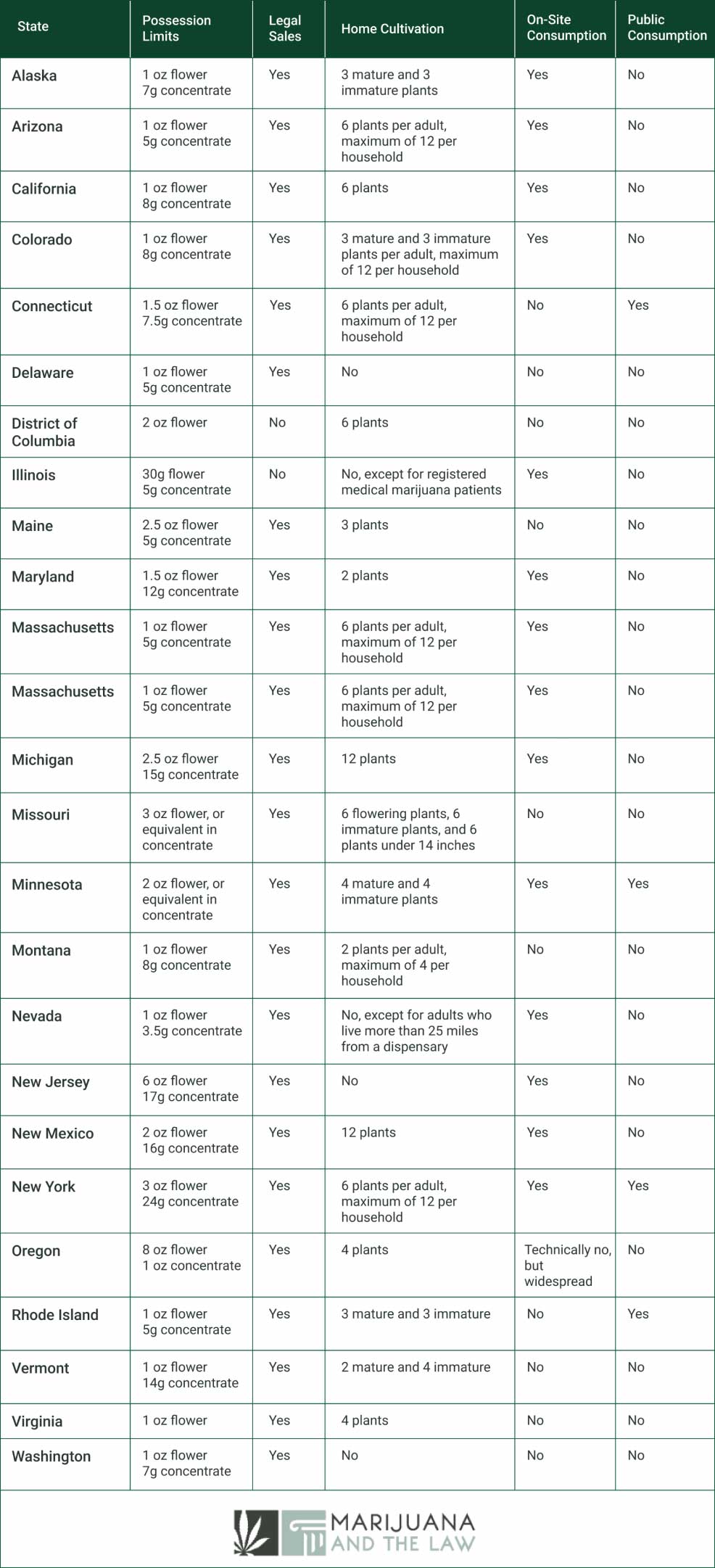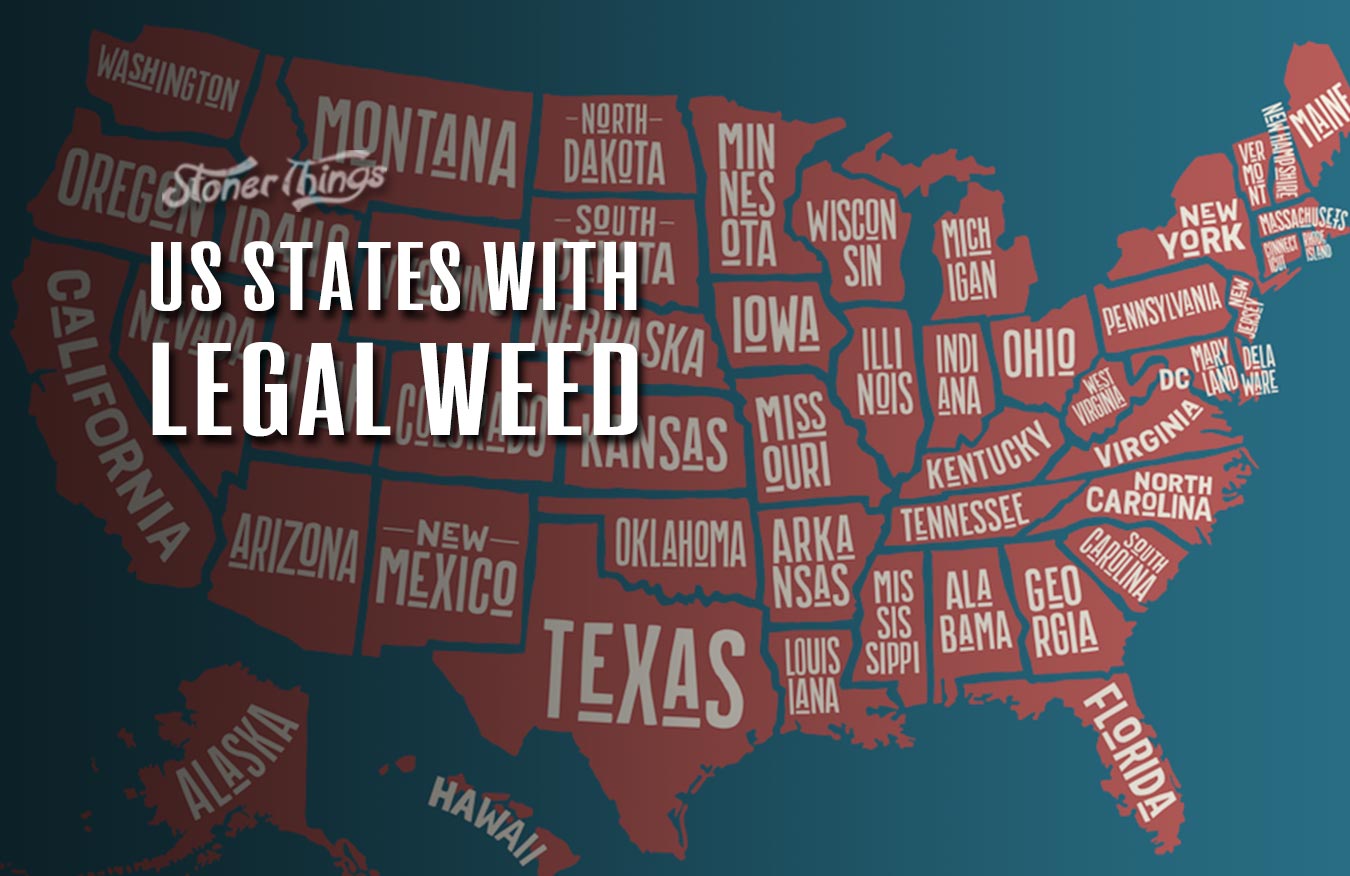Once upon a time, states where weed is legal were a rarity – an exception to the rule of federal prohibition.
A lot has changed.
Around half of the states in the US have brought decades of pot criminalization to an end, and marijuana legalization’s momentum shows little sign of slowing either.
It’s now somewhat of a challenge to keep track of all the states with fully legal pot.
Luckily, we’re here to guide you through them, as well as provide an overview of the specific cannabis laws in place in each state. This includes possession limits, home cultivation, public consumption, and whether or not the state allows cannabis lounges for on-site consumption.
Let’s get started.
| State | Possession Limits | Legal Sales? | Home Cultivation? | On-site consumption? | Public consumption? |
| Alaska | 1 oz flower
7g concentrate |
Yes | 3 mature and 3 immature plants | Yes | No |
| Arizona | 1 oz flower
5g concentrate |
Yes | 6 plants per adult, maximum of 12 per household | Yes | No |
| California | 1 oz flower
8g concentrate |
Yes | 6 plants | Yes | No |
| Colorado | 1 oz flower
8g concentrate |
Yes | 3 mature and 3 immature plants per adult, maximum of 12 per household | Yes | No |
| Connecticut | 1.5 oz flower
7.5g concentrate |
Yes | 6 plants per adult, maximum of 12 per household | No | Yes |
| Delaware | 1 oz flower
5g concentrate |
Yes | No | No | No |
| District of Columbia | 2 oz flower | No | 6 plants | No | No |
| Illinois | 30g flower
5g concentrate |
Yes | No, except for registered medical marijuana patients | Yes | No |
| Maine | 2.5 oz flower
5g concentrate |
Yes | 3 plants | No | No |
| Maryland | 1.5 oz flower
12g concentrate |
Yes | 2 plants | Yes | No |
| Massachusetts | 1 oz flower
5g concentrate |
Yes | 6 plants per adult, maximum of 12 per household | Yes | No |
| Michigan | 2.5 oz flower
15g concentrate |
Yes | 12 plants | Yes | No |
| Missouri | 3 oz flower, or equivalent in concentrate | Yes | 6 flowering plants, 6 immature plants, and 6 plants under 14 inches | No | No |
| Minnesota | 2 oz flower, or equivalent in concentrate | Yes | 4 mature and 4 immature plants | Yes | Yes |
| Montana | 1 oz flower
8g concentrate |
Yes | 2 plants per adult, maximum of 4 per household | No | No |
| Nevada | 1 oz flower
3.5g concentrate |
Yes | No, except for adults who live more than 25 miles from a dispensary | Yes | No |
| New Jersey | 6 oz flower
17g concentrate |
Yes | No | Yes | No |
| New Mexico | 2 oz flower
16g concentrate |
Yes | 12 plants | Yes | No |
| New York | 3 oz flower
24g concentrate |
Yes | 6 plants per adult, maximum of 12 per household | Yes | Yes |
| Oregon | 8 oz flower
1 oz concentrate |
Yes | 4 plants | Technically no, but widespread | No |
| Rhode Island | 1 oz flower
5g concentrate |
Yes | 3 mature and 3 immature | No | Yes |
| Vermont | 1 oz flower
14g concentrate |
Yes | 2 mature and 4 immature | No | No |
| Virginia | 1 oz flower | Yes | 4 plants | No | No |
| Washington | 1 oz flower
7g concentrate |
Yes | No | No | No |
Alaska
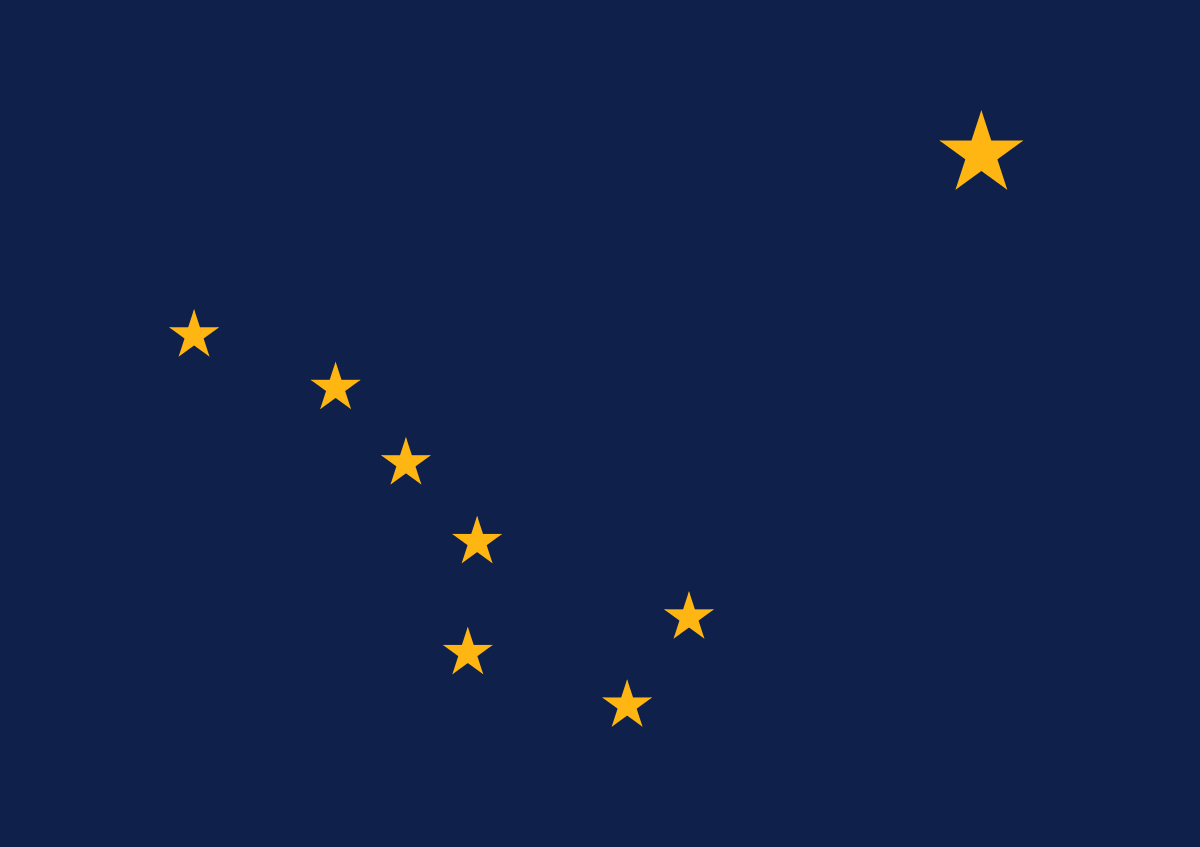
While low-level possession and cultivation of pot for personal use has been decriminalized in Alaska since 1975, it wasn’t until 53 percent of voters approved Ballot Measure 2 in 2014 that state officials moved to pass enabling legislation in 2015 for a legal weed market.
In line with the ballot’s proposals, adults 21 and older can legally possess up to one ounce of marijuana flower, seven grams of concentrates and grow up to six plants at home – only three of which can be flowering at any given time – at a maximum of 12 per household.
The first recreational dispensaries in Alaska opened their doors in 2016, and in 2019 it became the first state to allow on-site licensed cannabis consumption lounges statewide. Home delivery of cannabis products, however, remains prohibited.
Arizona
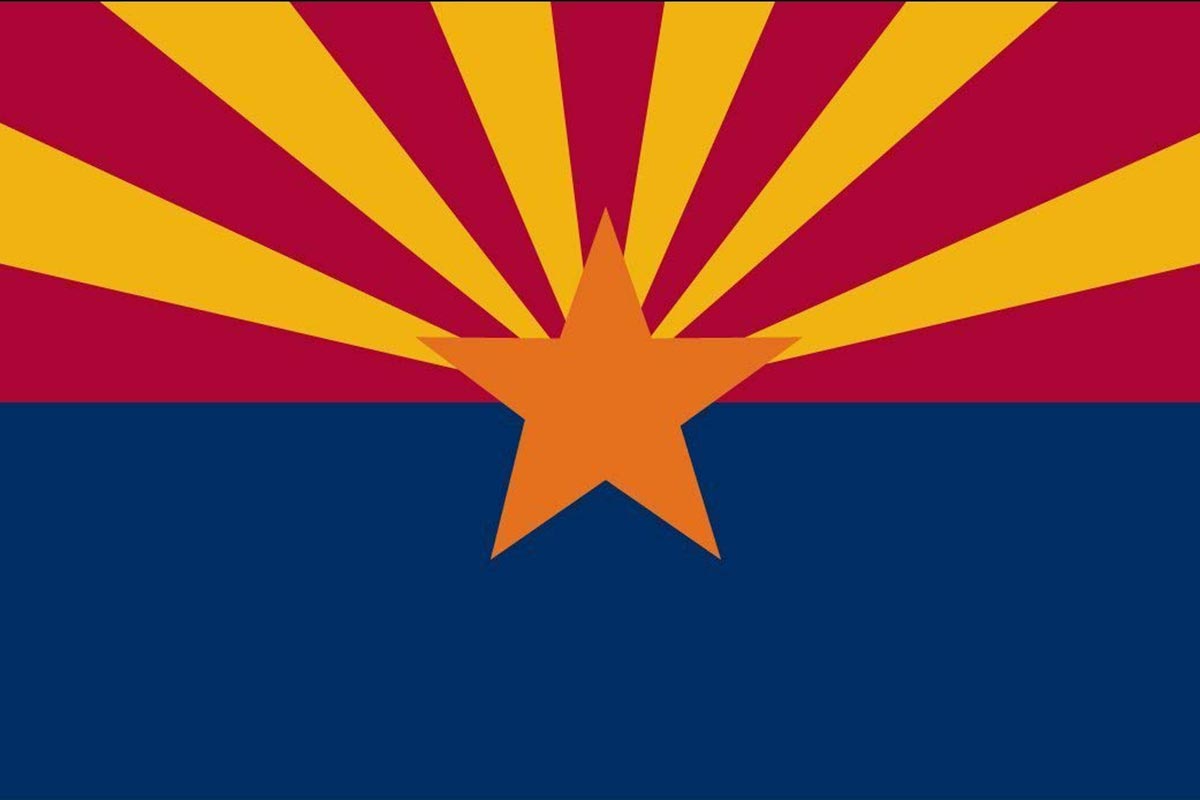
Weed was legalized in Arizona following voter approval of Prop 207 on Election Day 2020, which allowed for the possession, use and sale of cannabis by adults 21 and older.
Possession is limited to one ounce of pot and five grams of concentrates, while cultivation of up to six plants for personal use is also permitted at a maximum of 12 per household.
Arizona launched its legal pot market in January 2021, little more than three months since the vote, meaning the state holds the enviable title of “Fastest Jurisdiction to Implement a Successful Marijuana Ballot Measure.”
California
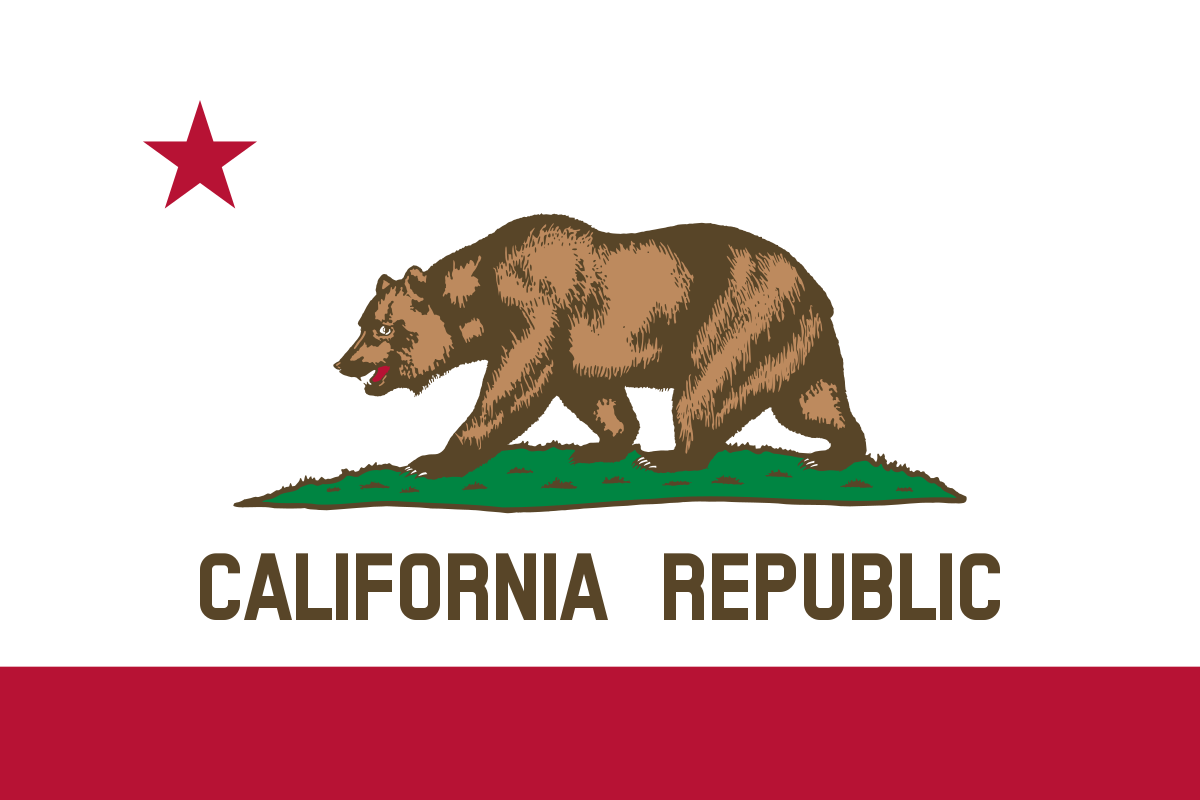
Twenty years since California became the first state with a full medical cannabis program, 56 percent of residents voted for Proposition 64 in 2016 to legalize recreational pot.
The measure permits adults 21 and older to possess up to one ounce of cannabis flower, eight grams of concentrates and cultivate up to six plants at home regardless of maturity.
Retail sales began on January 1, 2018, though local jurisdictions can opt out of allowing dispensaries to operate in their area but they cannot restrict a person’s right to possess and grow weed for personal use.
California’s recreational marijuana laws also allow for on-site cannabis consumption lounges, subject to licensing requirements.
Colorado
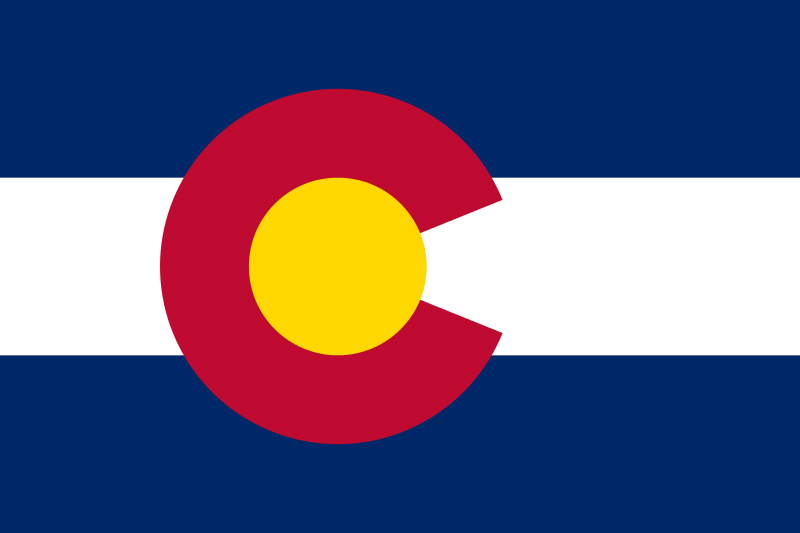
In 2012, 54 percent of Colorado voters approved Amendment 64 to legalize personal possession and use of marijuana, as well as compel state lawmakers to establish the rules and regulations for a legal pot industry.
Adults 21 and older can legally possess up to one ounce of marijuana or marijuana-infused products (two ounces for medical cannabis patients), eight grams of concentrates and grow up to six plants, three of which can be flowering, at a maximum of 12 per household.
In 2019, state lawmakers passed legislation allowing recreational dispensaries and other hospitality venues to apply for a new business license permitting on-site consumption of weed products purchased from the retailer or another location.
Connecticut
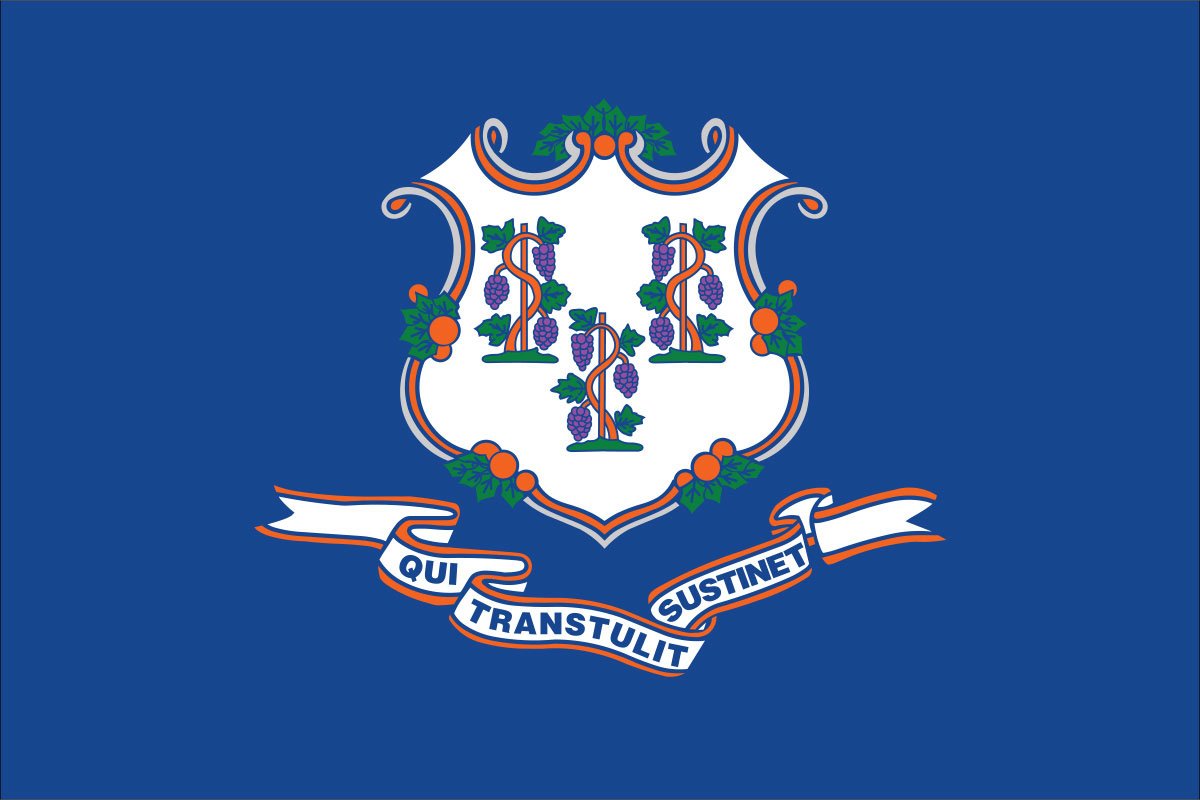
Connecticut legalized recreational weed through the legislature and the measure took effect on July 1, 2021.
Adults 21 and older can legally possess up to one and a half ounces of marijuana flower, or its equivalent in concentrates, in public and up to five ounces at home, while home cultivation of up to six plants – at a maximum of 12 per household – is also permitted.
The law also provides for commercial cultivation and retail sales of cannabis, though local jurisdictions can decide to opt out of allowing this.
Delaware
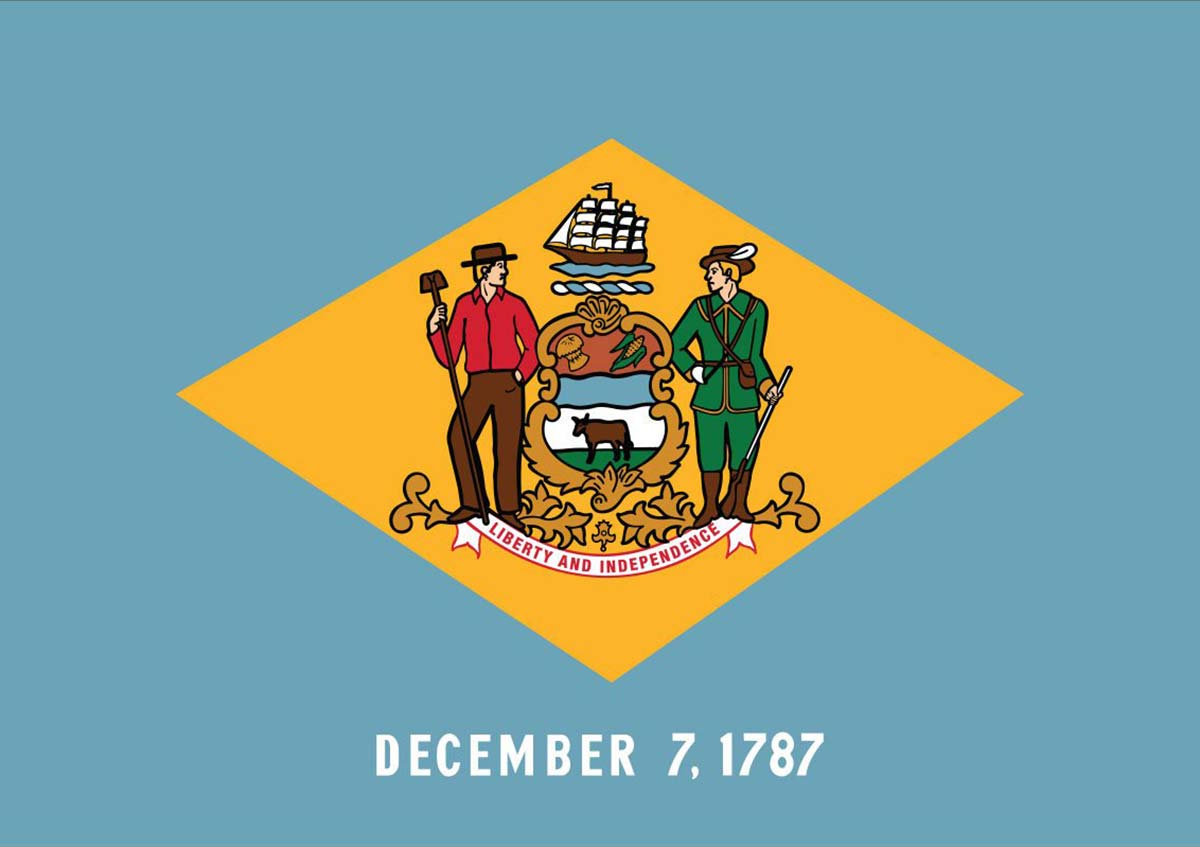
Marijuana sales and possession of up to one ounce of flower or five grams of concentrated cannabis are legal in Delaware for adults 21 and older.
Home cultivation of marijuana for personal use is not permitted, nor is on-site cannabis consumption lounges and public consumption of pot.
District of Columbia
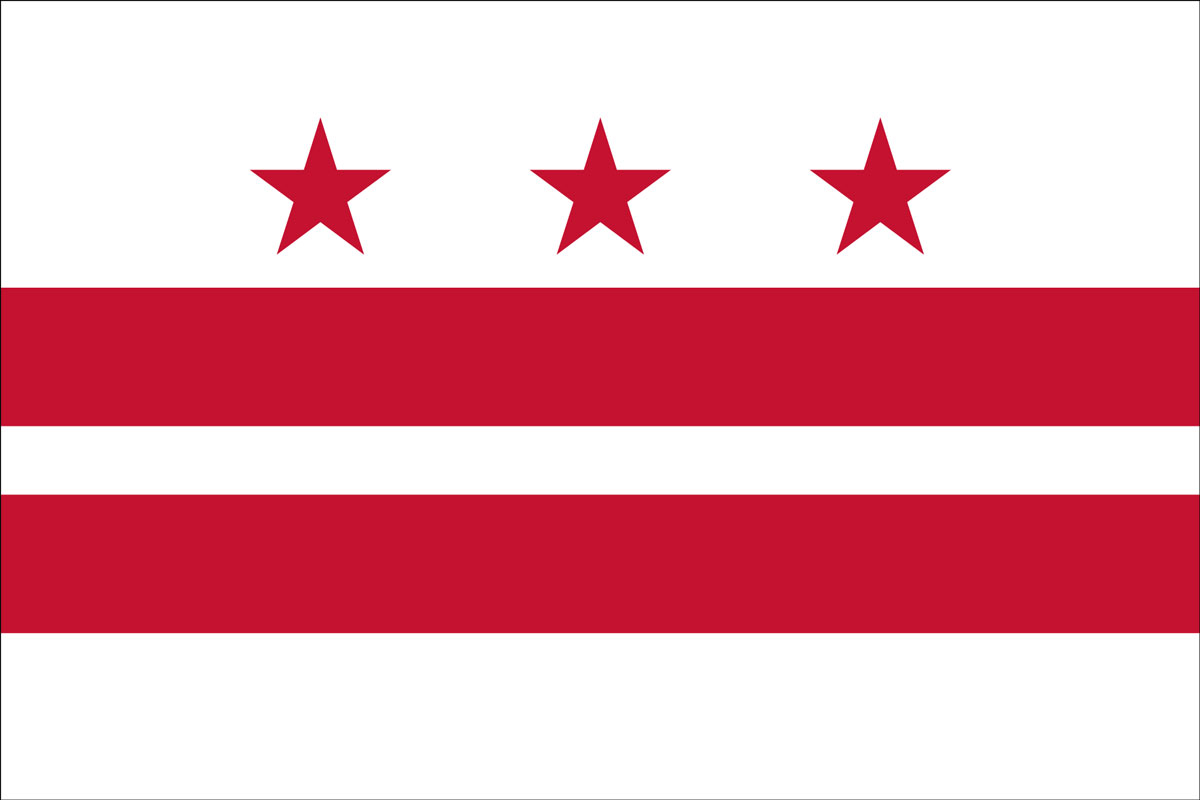
69 percent of DC voters approved Initiative 71 in 2014 to remove criminal and civil penalties for possession of up to two ounces of weed and cultivation of up to six plants at home.
The measure does not provide for legal commercial production or sales of recreational marijuana as such a move would require approval from the US Congress. Adults 21 and older can, however, gift one another small quantities of cannabis without fear of reprisals.
Illinois
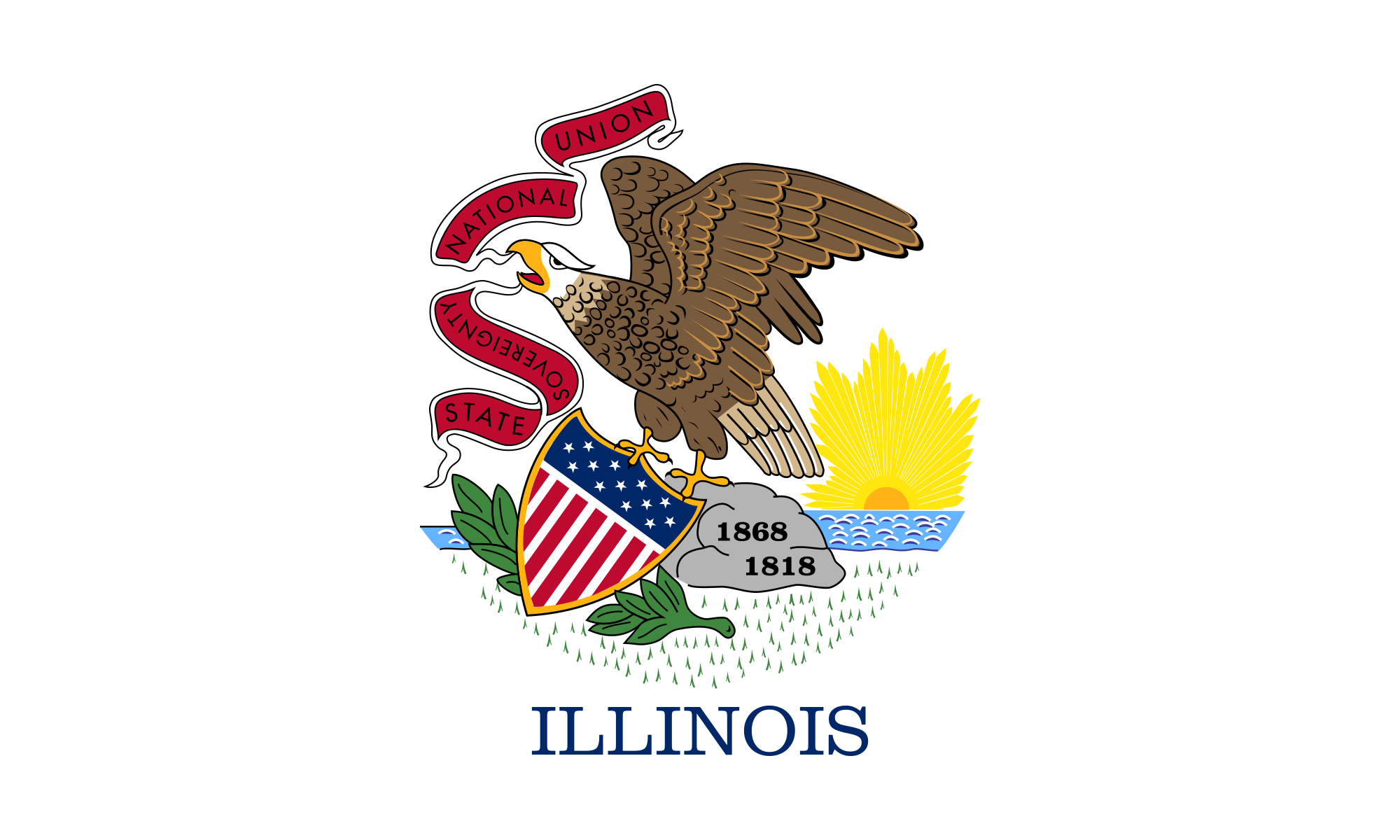
Illinois’ marijuana legalization law, passed with Gov. J.B. Pritzker’s signature in June 2019, took effect on January 1, 2020 with legal sales launching that day.
Illinois residents 21 and older can legally purchase and possess up to 30 grams of marijuana flower and five grams of concentrates, while out-of-state visitors are permitted to possess half these amounts.
Home cultivation, however, is only permitted for registered medical marijuana patients.
On-site consumption of cannabis is also legal at the discretion of local governments.
Maine
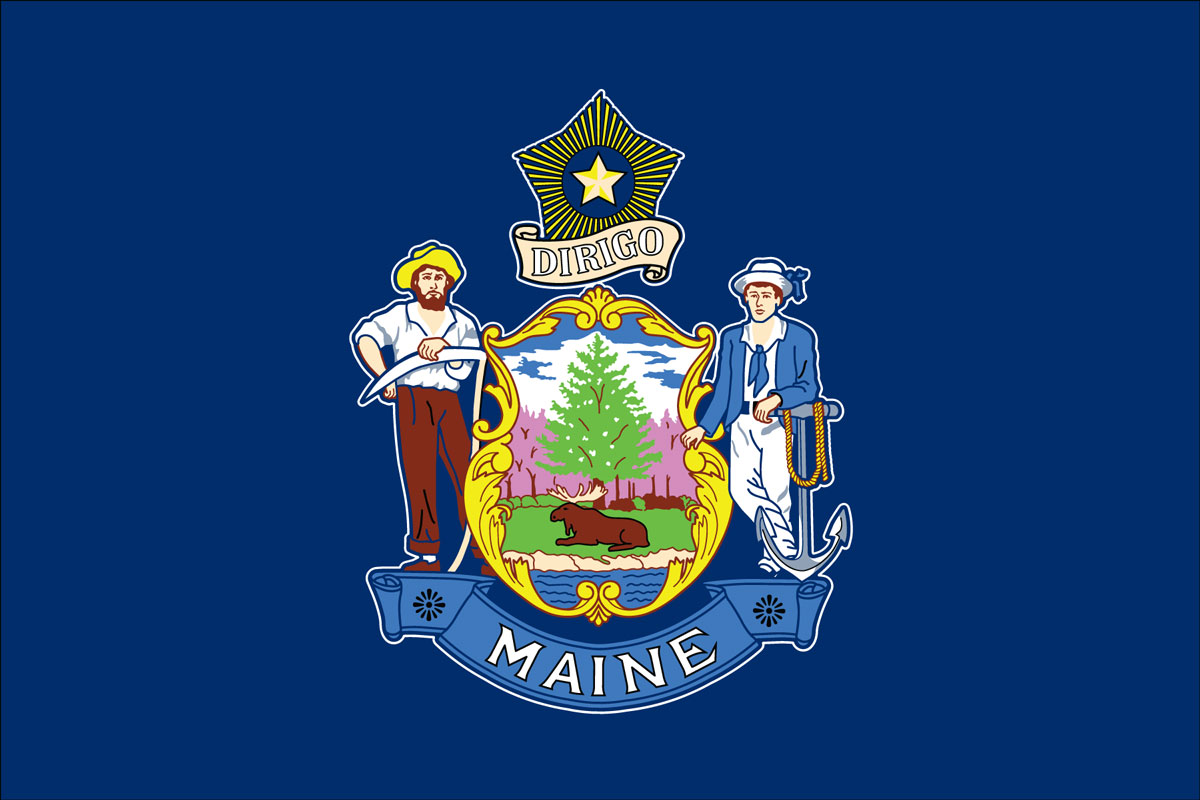
Following voter-approval of a 2016 ballot initiative to legalize recreational weed and establish a legal market, Maine lawmakers eventually passed enabling legislation in May 2018 which slightly watered down some of the original measure’s proposals.
Adults 21 and older can legally possess up to two and a half ounces of marijuana flower, and grow up to three plants instead of the six put forward in the ballot measure.
Lawmakers decided to repeal a provision in the ballot proposal allowing for on-site pot consumption lounges but it is likely this issue will be revisited in the future.
Maryland
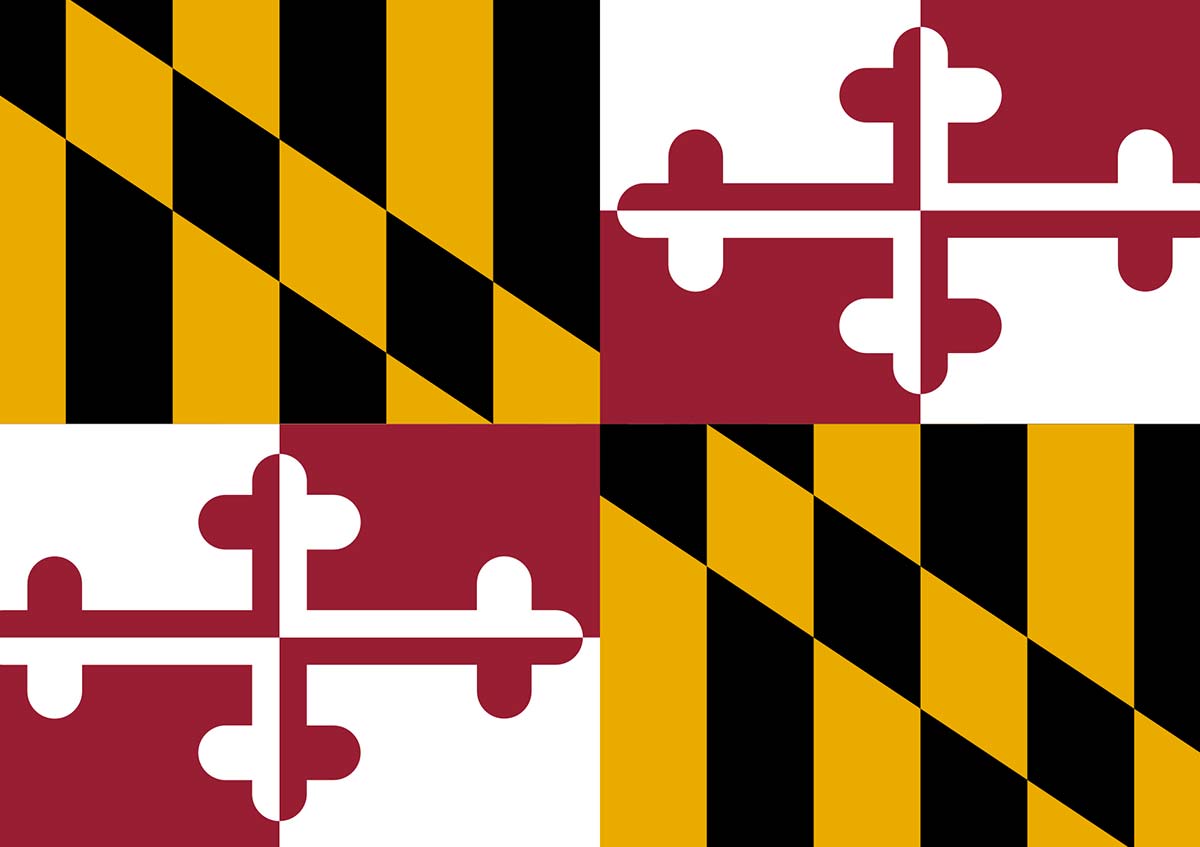
Marijuana possession and purchases of up to 1.5 ounces of flower, 12 grams of concentrate, or an edible product containing no more than 750mg THC is legal in Maryland for adults 21 and older.
Home cultivation of up to two plants is also permitted.
Public consumption of marijuana, however, is not allowed and could land you with a $250 fine as a civil offense. On-site cannabis consumption lounges are permitted though, subject to licensing requirements.
Massachusetts
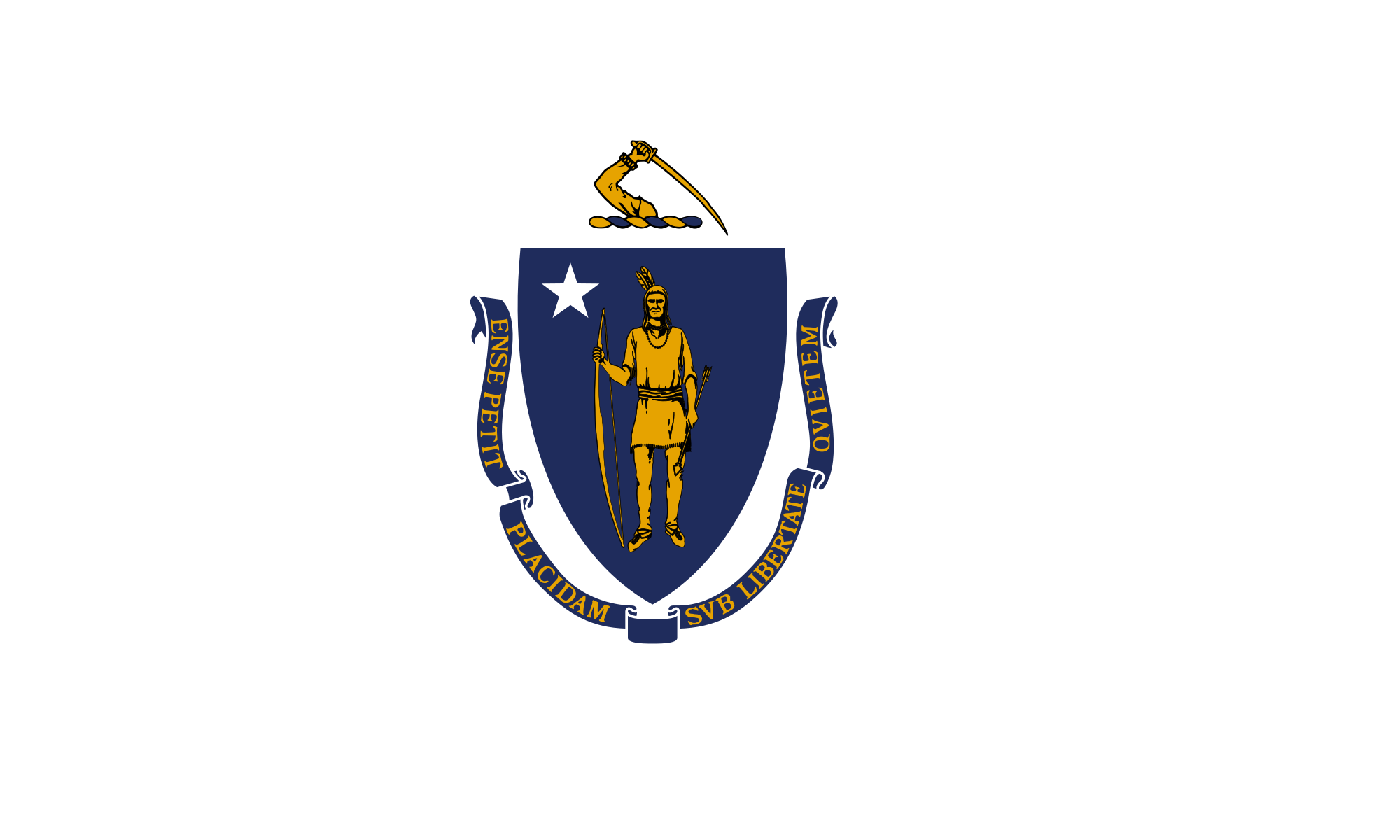
Massachusetts voters approved a 2016 ballot measure to legalize and regulate recreational pot, with retail sales launching in November 2018.
Adults 21 and older can legally possess and purchase up to one ounce of marijuana and 5 grams of concentrates in public, and up to ten ounces of flower, and its equivalent in concentrates, at home.
Adults can also grow up to six weed plants with a cap of 12 plants per household.
Cannabis lounges are also permitted in Massachusetts subject to licensing.
Michigan
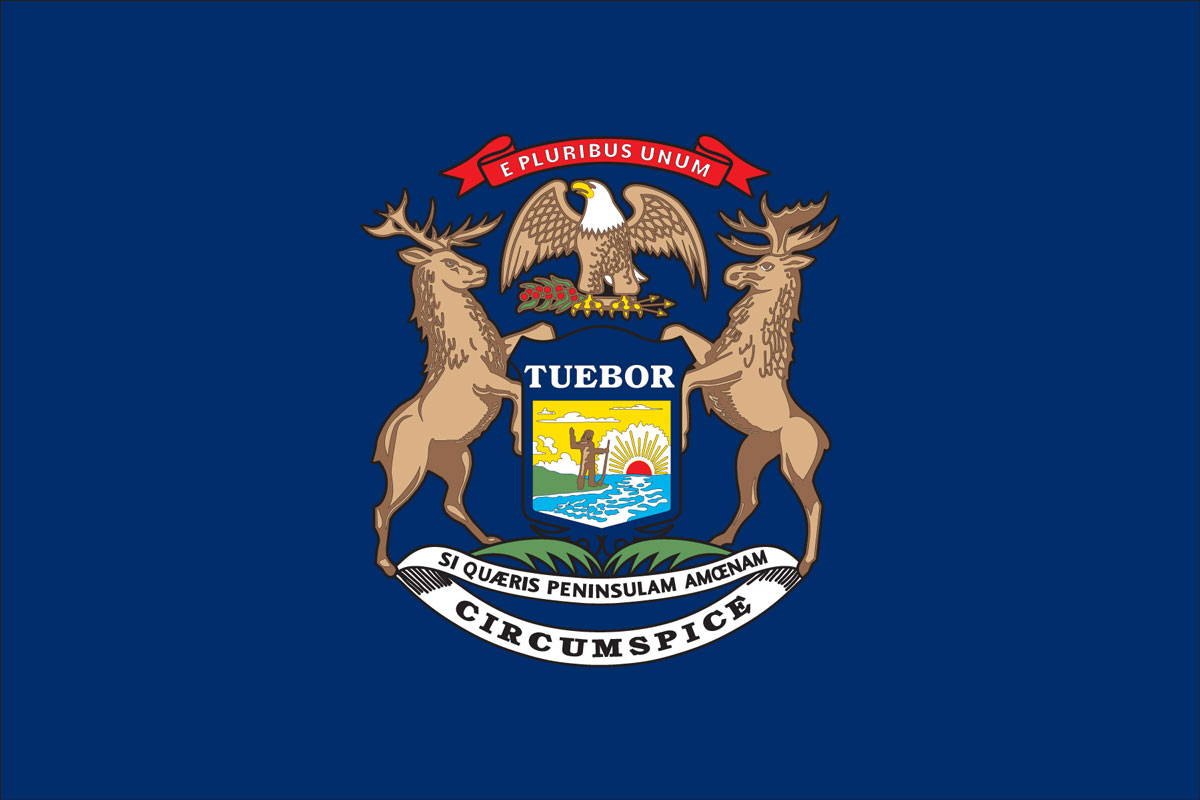
In 2018, voters in Michigan approved Proposal 1 to legalize pot possession, as well as regulate its production and sale.
After lawmakers put enabling legislation into effect in December 2018, adults 21 and older can legally possess up to 2.5 ounces of marijuana flower, 15 grams of concentrates and grow up to 12 plants at home for personal use.
The first recreational dispensaries started operating on December 1, 2019, but jurisdictions can choose to opt out of allowing cannabis businesses in their locality.
On-site consumption of cannabis at licensed establishments is legal, but customers must bring their own weed with them.
Missouri
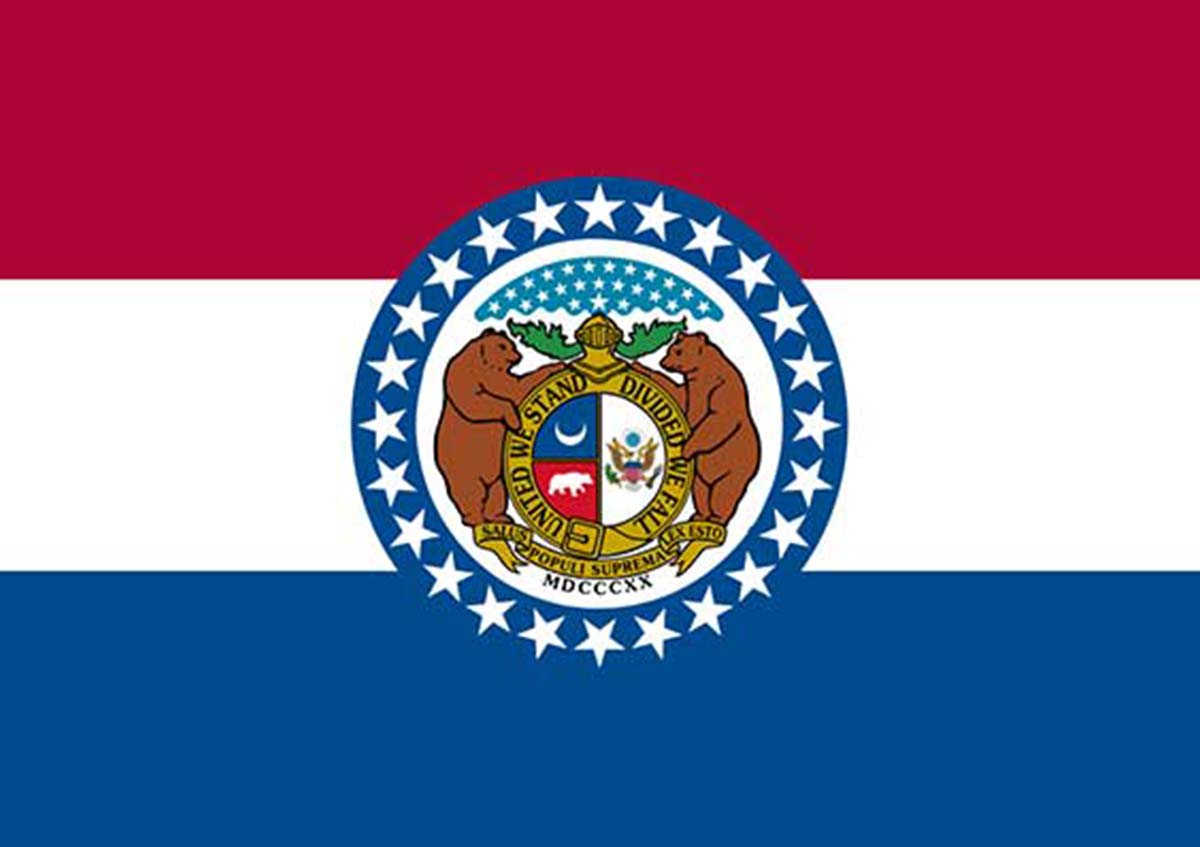
Adults 21 and older are allowed to purchase and possess up to three ounces of cannabis flower in Missouri, or its equivalent in concentrate.
Furthermore, adults can grow up to six flowering plants, six immature plants, and six plants under 14 inches at home for personal use.
Missouri’s cannabis laws don’t allow for pot lounges and excludes on-site consumption at licensed dispensaries.
Minnesota
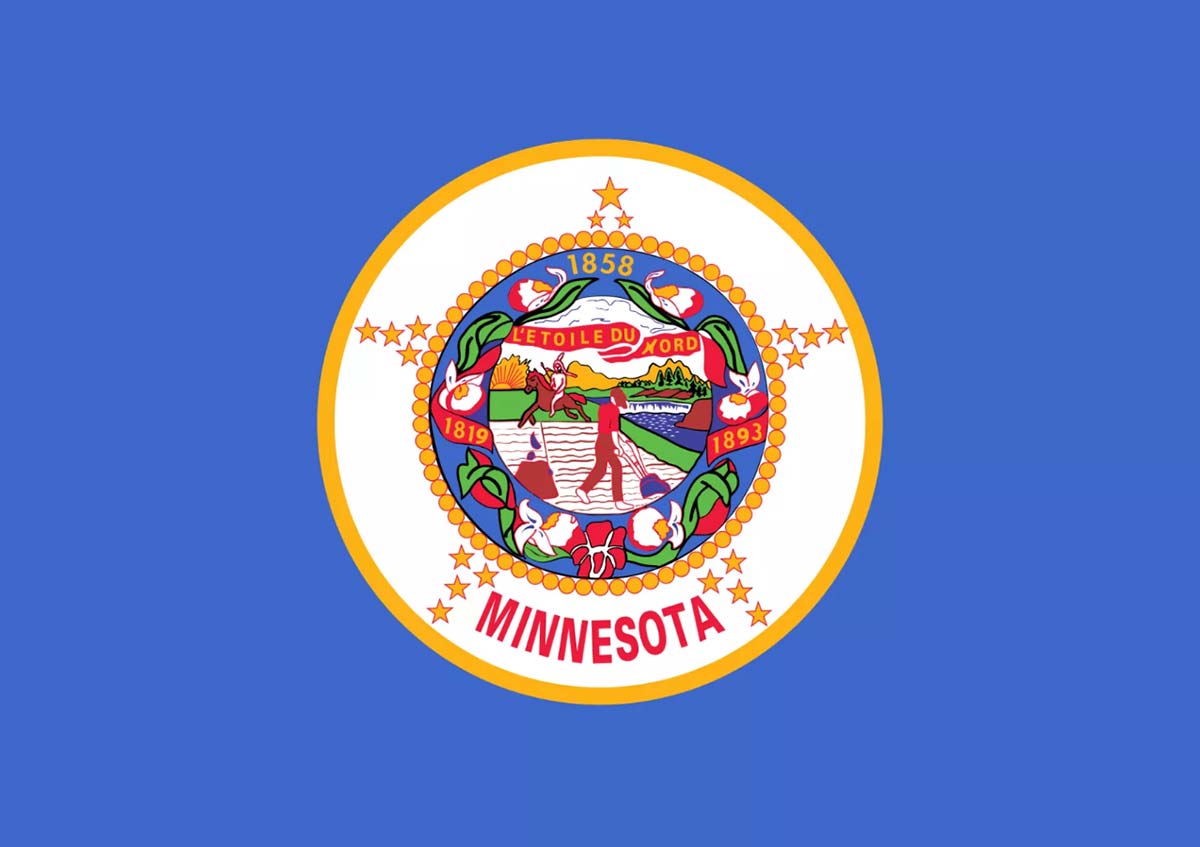
Adults 21 and older are allowed to purchase and possess up to two ounce of marijuana flower, or its equivalent in concentrated cannabis.
At home, it is legal to store up to two pounds of cannabis and cultivate up to eight plants, of which a maximum of four may be mature.
On-site cannabis consumption lounges are legal in Minnesota, and it is also permitted to use pot in public anywhere that tobacco smoking is allowed.
Montana
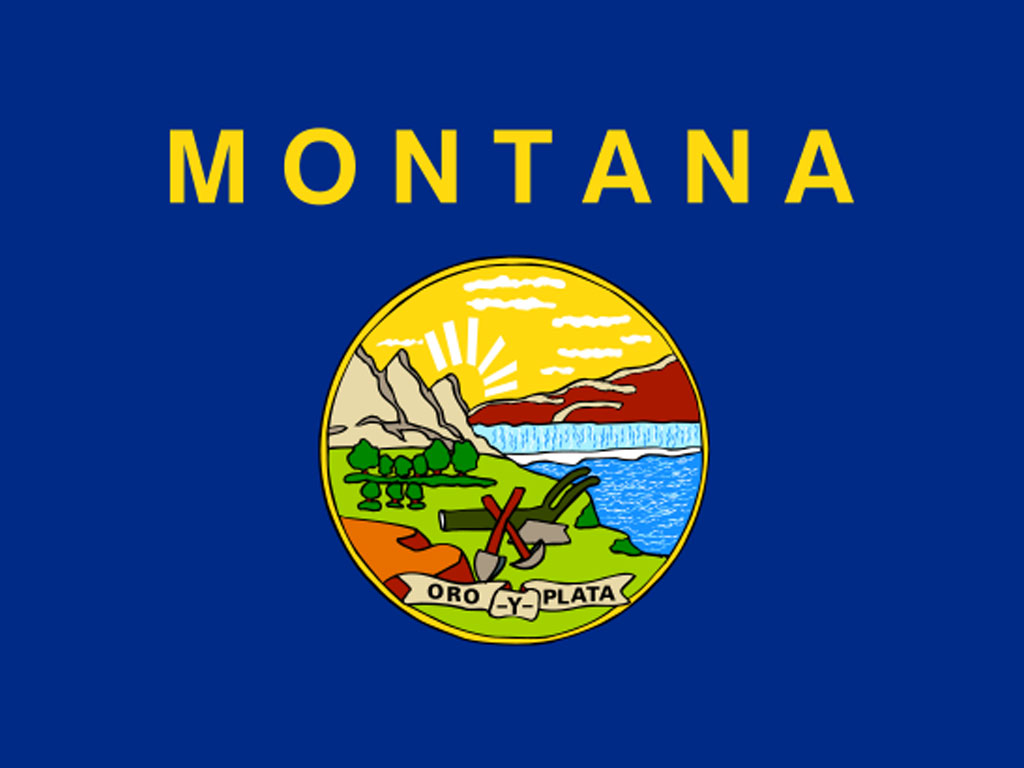
On Election Day 2020, Montana voters passed Initiative 190 to legalize the use, production and sale of cannabis, as well as approving a separate measure to restrict the plant’s legal use to adults 21 and older.
Montana lawmakers amended certain provisions from the original proposal in the final legislation, including reducing the number of mature weed plants an adult can legally grow from four to two, with a maximum of four per household.
Montana’s marijuana legalization bill permits possession of up to one ounce of pot and eight grams of concentrates.
The enabling legislation passed by lawmakers also requires counties that voted against Initiative 190 to hold a new vote on whether or not to opt-in to retail cannabis sales.
Nevada
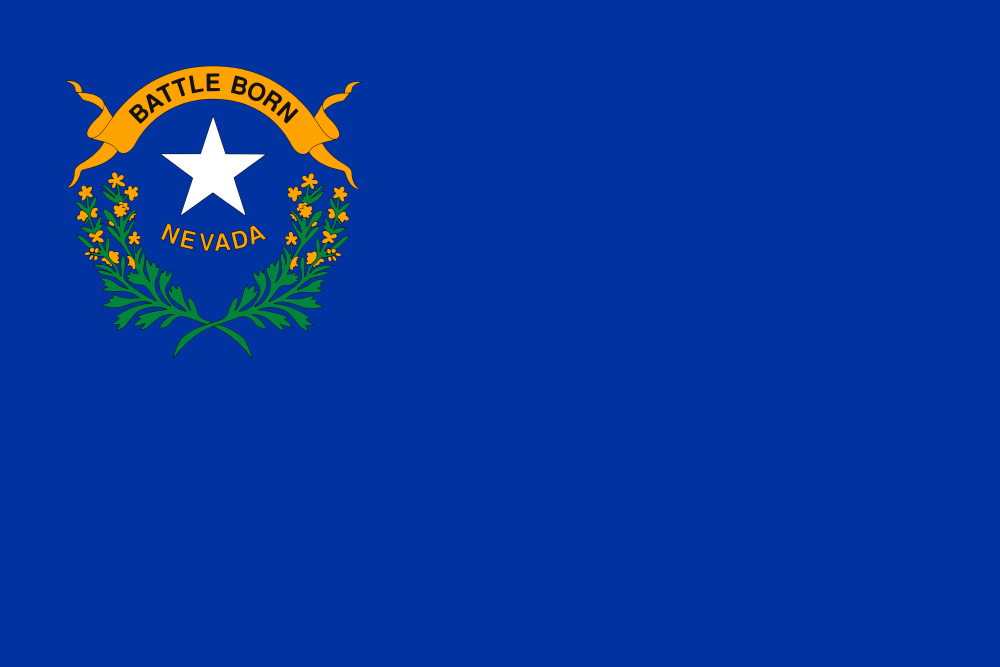
Recreational weed possession became legal in Nevada on January 1, 2017, following voter-approval of the Regulation and Taxation of Marijuana Act in November 2016.
Adults 21 and older who are not part of the state’s medical cannabis program can legally possess up to one ounce of flower and 3.5 grams of concentrates, but home cultivation is only permitted for those who live further than 25 miles away from a recreational pot retailer.
Legal sales of adult-use cannabis started in Nevada on July 1, 2017, while Gov. Steve Sisolak signed a bill into law in June 2021 that allows hospitality venues to apply for a license permitting on-site marijuana consumption lounges.
New Jersey
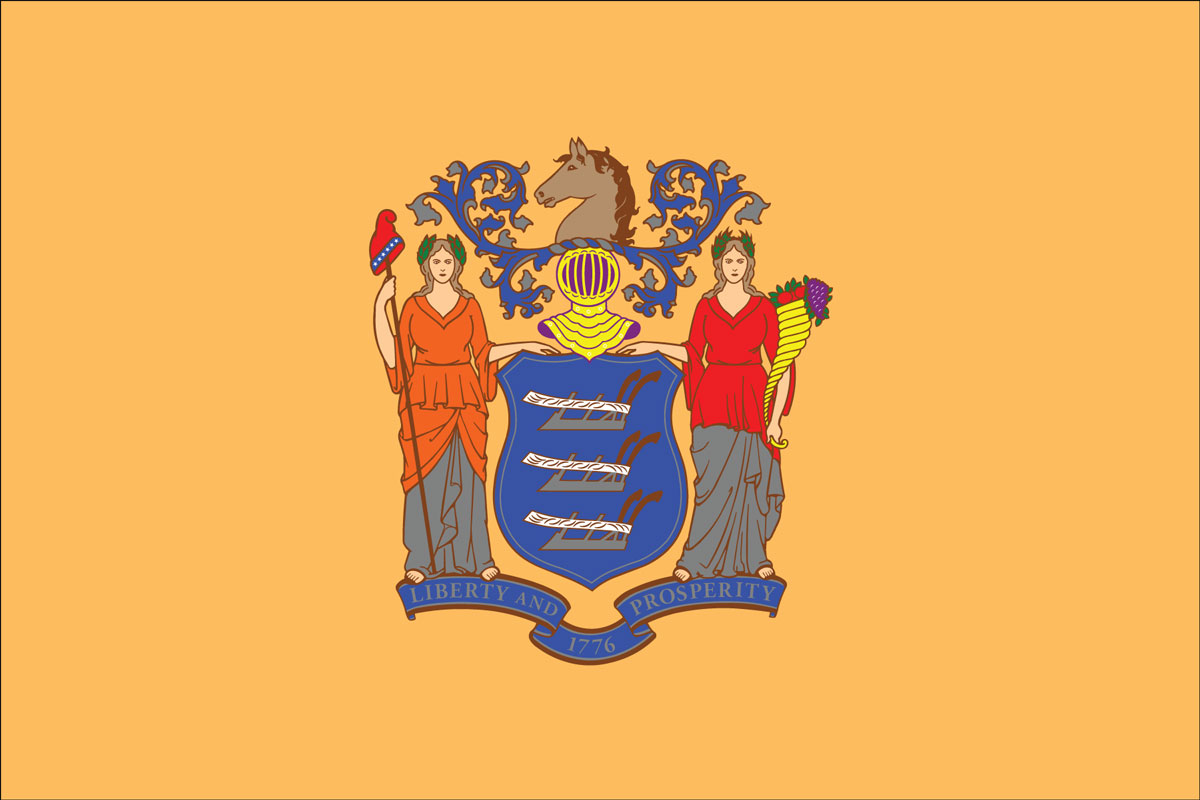
New Jersey voted to amend the state’s constitution on Election Day 2020 to allow for adult-use possession of weed, as well as for the commercial production and sale of the plant.
It took lawmakers until February 2021 to approve enabling legislation, which was then signed into law by Gov. Phil Murphy and took effect on July 1, 2021.
Adults 21 and older can now legally possess up to six ounces of marijuana flower or 17 grams of hash but home cultivation remains prohibited.
On-site cannabis consumption lounges are legal, but must be approved by local municipalities.
New Mexico
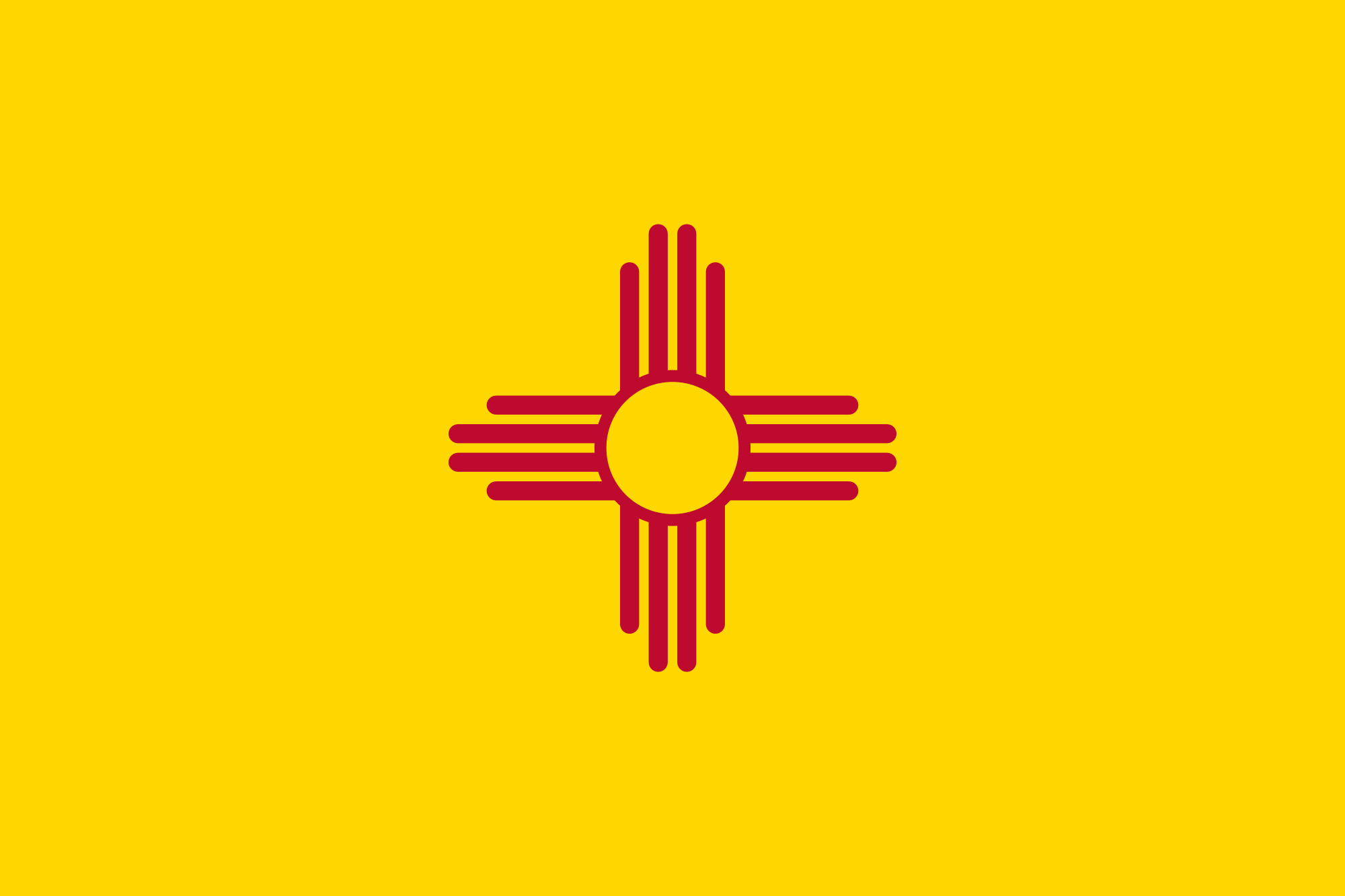
In April 2021, Gov. Michelle Lujan Grisham signed a recreational weed legalization bill into law.
It took effect on June 29, 2021, from which date adults 21 and older can legally possess up to two ounces of marijuana flower and 16 grams of cannabis extract in public, with no set possession limits at private residences.
Adults can also cultivate up to 12 plants at home for personal use, and apply for a permit if they wish to grow more.
Additionally, on-site cannabis consumption lounges are legal subject to licensing requirements.
New York
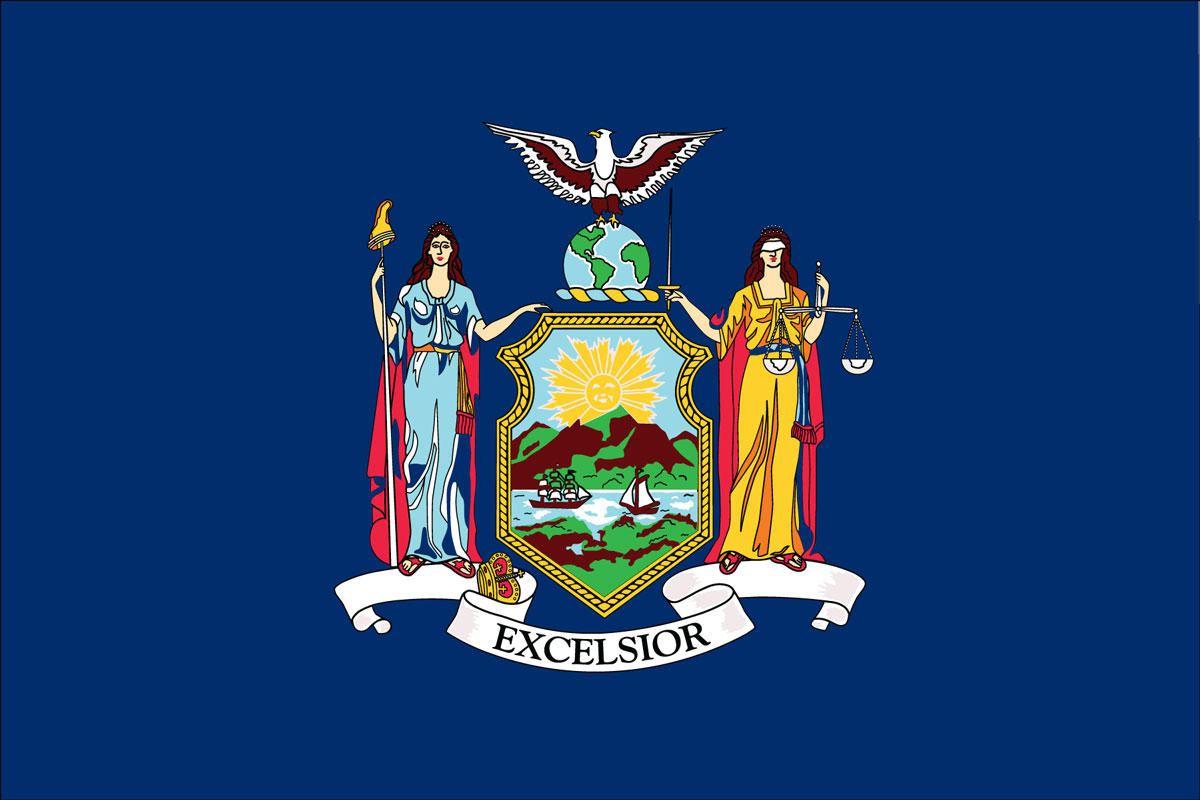
New York lawmakers reached an agreement with Gov. Andrew Cuomo on the specifics of marijuana legalization in the state in March 2021 with the passage into law of the Marihuana Regulation and Taxation Act.
Adults 21 and older can legally possess up to three ounces of marijuana flower and 24 grams of concentrates, home cultivation of up to six weed plants at a maximum of 12 per household is also legal.
Public consumption of cannabis is permitted in New York wherever tobacco smoking is allowed. On-site cannabis consumption lounges are also legal.
Oregon
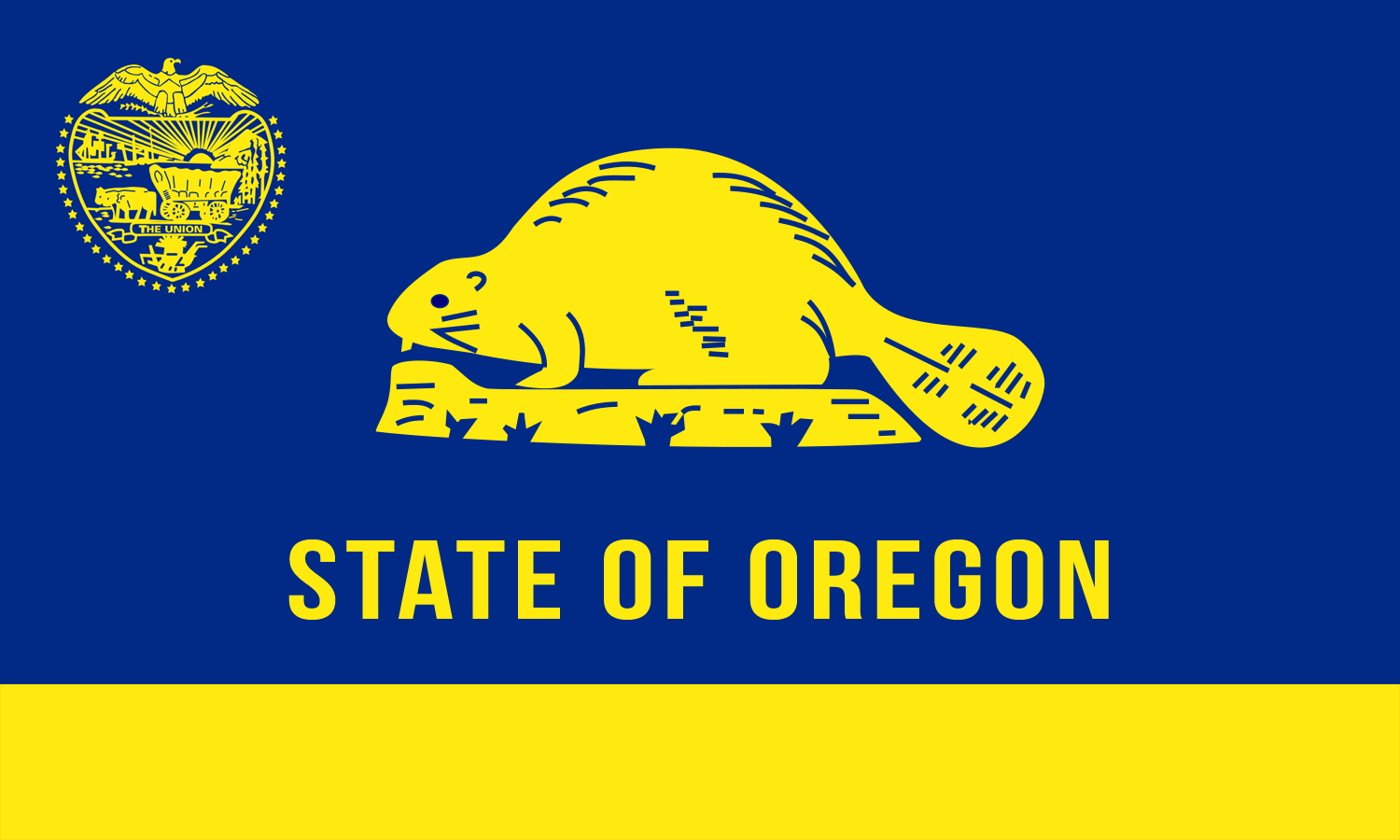
Oregon residents opted to legalize recreational pot through Measure 91, which was approved by 56 percent of voters in November 2014.
The subsequent enabling legislation took effect on July 1, 2015, allowing adults 21 and older to possess up to eight ounces of cannabis flower and grow up to four plants.
The first recreational weed dispensaries opened on January 1, 2017, and under the rules drawn up by the state regulator, it’s legal to purchase up to one ounce of cannabis flower and 5 grams of concentrates per day from a licensed retailer.
Rhode Island

The Rhode Island Cannabis Act established a legal cannabis market in the state, and permits adults 21 and older to possess up to one ounce of marijuana in public and to store up to 10 ounces at private residences.
Home cultivation of up to six plants, of which a maximum of three may be mature, is also permitted.
Public cannabis consumption is legal in Rhode Island anywhere that smoking tobacco is allowed, but local municipalities can decide to introduce ordinances prohibiting this.
Vermont
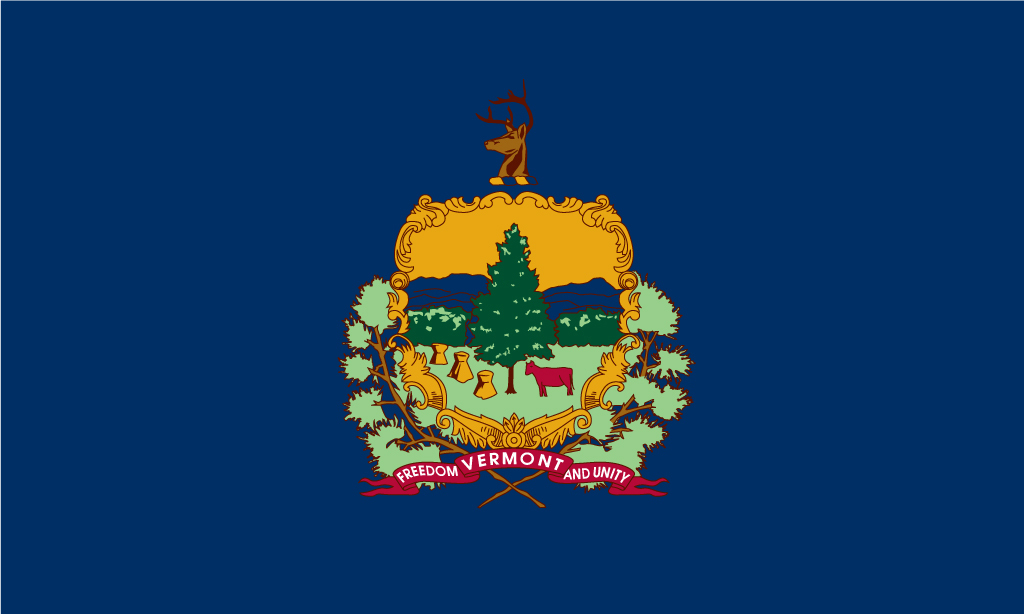
Vermont was the first state to legalize recreational cannabis through the legislature, with the reform taking effect on July 1, 2018.
Adults 21 and older can legally possess up to one ounce of weed and grow up to six plants at home, two of which can be mature. Cannabis grown at home doesn’t count toward the personal possession limit.
Vermont’s initial marijuana legalization law didn’t contain provisions allowing for the creation of a regulated adult-use cannabis industry but legal weed sales are now legal and fully underway in the state.
Virginia
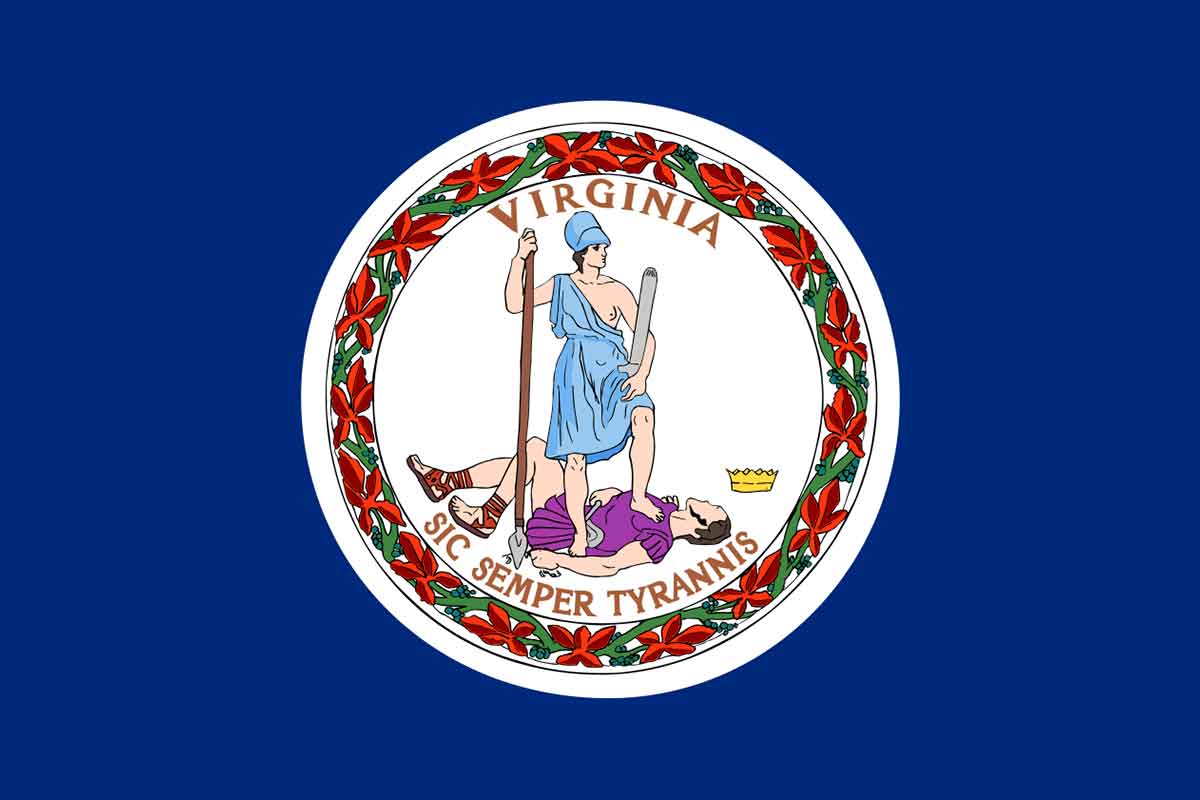
Virginia became the first state in the south to legalize recreational weed when Gov. Ralph Northam signed a marijuana legalization bill into law in April 2021.
The measure took effect on July 1, 2021, and permits possession of up to one ounce of cannabis flower and home cultivation of up to four plants by adults 21 and older.
Separate provisions in the new law require state officials to establish the rules and regulations of a legal marijuana market in Virginia, but sales have not yet started.
Washington
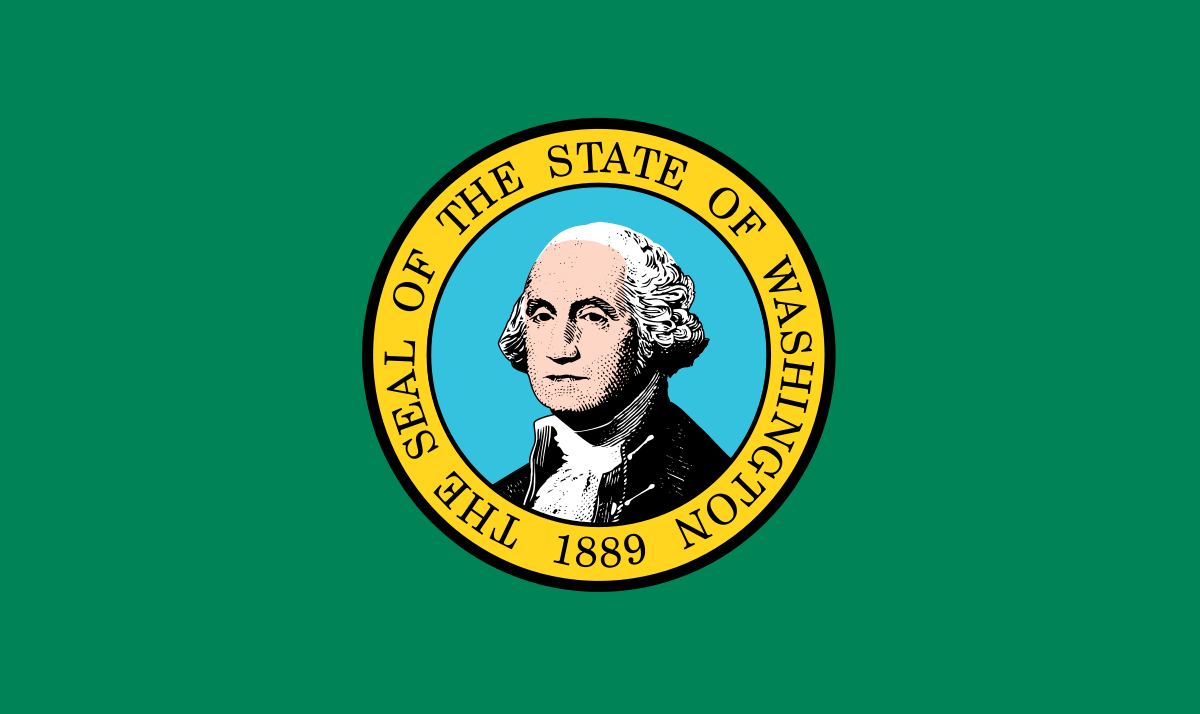
Alongside Colorado, Washington was the first state to legalize recreational weed when 55 percent of voters approved Initiative 502 in 2012.
The subsequent legislation passed by lawmakers took effect on December 6, 2012, and permits adults 21 and older to possess up to one ounce of marijuana flower and seven grams of concentrates but home cultivation for personal use remains prohibited.
Washington’s pot legalization law also established the regulatory framework for the state’s cannabis industry, with recreational sales launching in July 2014.
